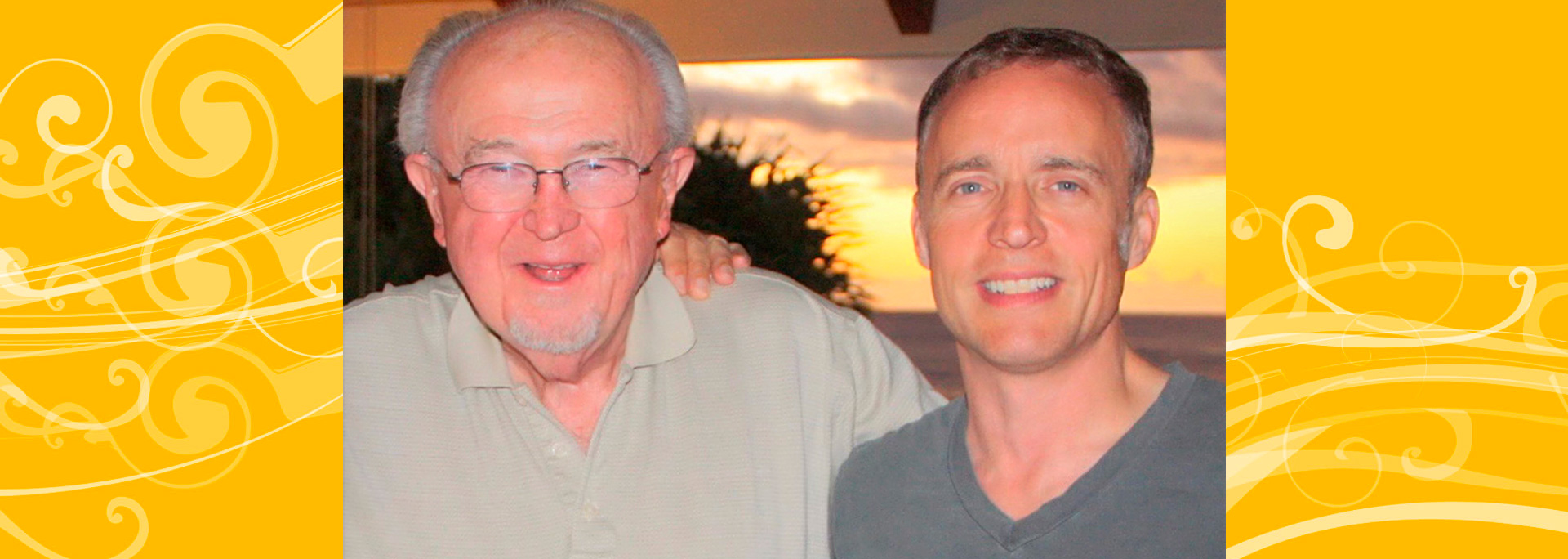Entries are now being accepted for the 2023 Shaufler Prize in Journalism, the premier contest that recognizes the best U.S. journalism advancing the understanding of stories and issues related to culture and inclusion.
The prize is administered by the Walter Cronkite School of Journalism and Mass Communication at Arizona State University, and advances the school’s mission of supporting communities of color, people with disabilities, immigrants and LGBTQ+ individuals, among others.
Now in its third year, the prize was established by Paul B. Anderson, the principal & CEO of Workhouse Media of Seattle, Washington, in honor of his late friend, Ed Shaufler, who cared deeply about promoting understanding of underrepresented people.
Winners receive a total of $20,000 in cash awards in professional and student journalist categories. The first-place winner in the professional media category will receive $10,000. Second and third place will receive $3,000 and $2,000, respectively. The winner in the student category will receive a $5,000 award.
Last year, the first place prize in the professional category went to a three-part series entitled “The Superfund Site Next Door: Toxins and Mistrust in Atlanta” by Cronkite alumna Aydali Campa for Inside Climate News.
Campa’s reporting explored how residents of predominantly Black communities on Atlanta’s West Side grappled with the EPA’s 2022 designation of their neighborhoods as a Superfund site. The stories build a narrative about local life and mistrust of institutions, accomplished by gaining trust among sources.
Second place in the professional category was awarded to writer Jamie Smith Hopkins of the Center for Public Integrity, and a podcast team with Transmitter Media, who together produced “The Wealth Vortex,” a longform story and an accompanying five-episode podcast that followed the efforts of Iowa entrepreneur ReShonda Young to address a racial wealth gap in her hometown of Waterloo, Iowa as she attempted to open the only Black-owned bank in her state — and the first in the country in more than 20 years.
Third place in the professional category went to “Cheated at Work,” a data based investigation from the Center for Public Integrity that examined, in part, how vulnerable guest workers are being shorted on pay while in the U.S. for seasonal, low-wage jobs. Advocates say workers are often scared to complain and risk losing one of the coveted visas. The series was reported by Susan Ferriss, with data reporting and analysis by Joe Yerardi.
In the student category, the top prize went to “Mega Billions: The Great Lottery Wealth Transfer,” produced by the Howard Center for Investigative Journalism at the University of Maryland. The investigation explored how state lotteries intentionally sucked wealth out of poorer, often Black or Hispanic neighborhoods, transferring billions of dollars to multinational companies no longer based in the U.S.
For the 2023 prize, entries must consist of work published or aired on print, digital, audio or broadcast platforms between Sept. 1, 2022, and Sept. 1, 2023. There is no entry fee.
Entries will be accepted beginning Sept. 6, 2023 through Dec. 6, 2023.
To enter, fill out the entry form and upload entries HERE.
You will need a Submittable account. You can create one or login to your existing Submittable account.
Please note:
- Broadcast and video entries are limited to 10 minutes or less.
- Audio features are limited to 10 minutes and podcasts to 30 minutes.
- Print and online entries are limited to a single story or story package (a main story with sidebars of shorter length or a series of no more than four related stories).
- Entries may represent the work of one person or multiple individuals.
- Students entering the competition must be enrolled in an accredited journalism program at the time the entry was published or broadcast.
Entries will be judged by journalism professionals and educators. Judges will consider how well submissions:
- Provide in-depth coverage of the issues affecting communities of color, immigrants or LGBTQ+
- Go beyond the ordinary in conveying the challenges related to culture and inclusion
- Tell stories that capture human experiences and build understanding among diverse people and communities
- Explore and illuminate key public policy, legal, social, cultural or political issues regarding the treatment of underrepresented communities and individuals
For more information on the contest, please follow this LINK, or contact David Nitkin at dnitkin@asu.edu.
